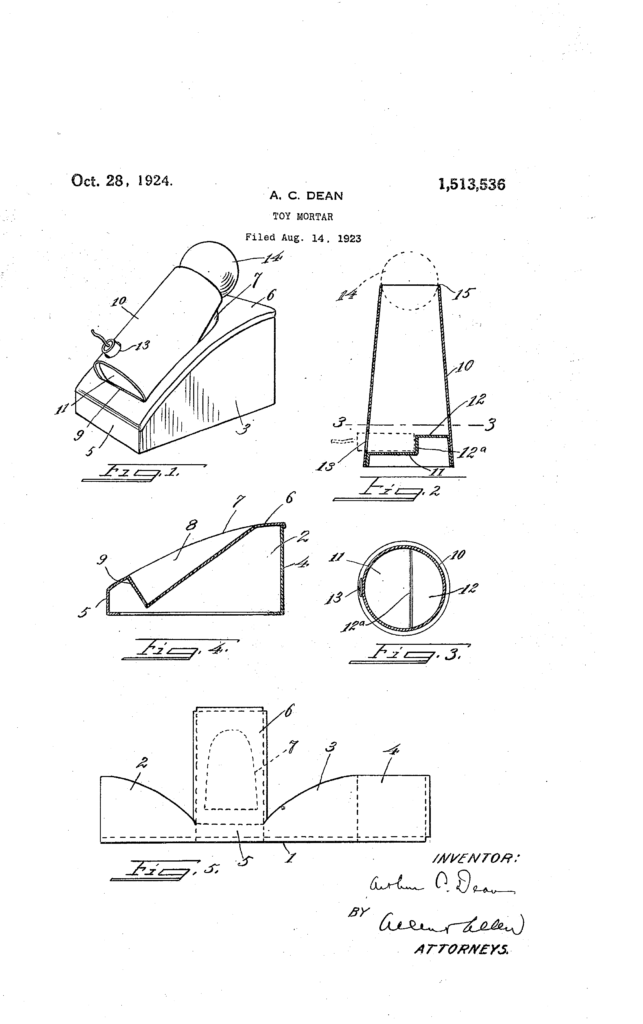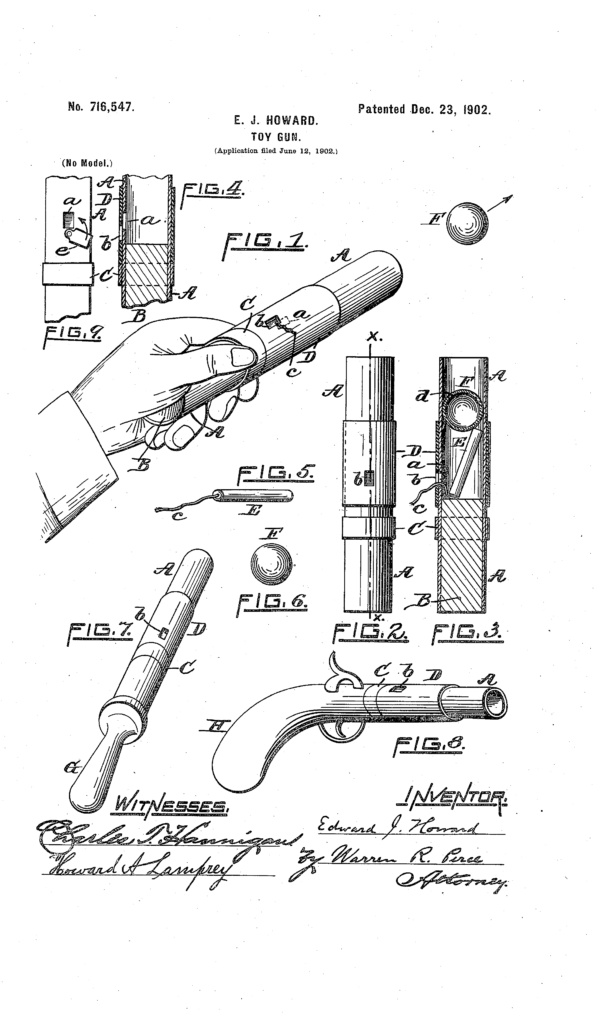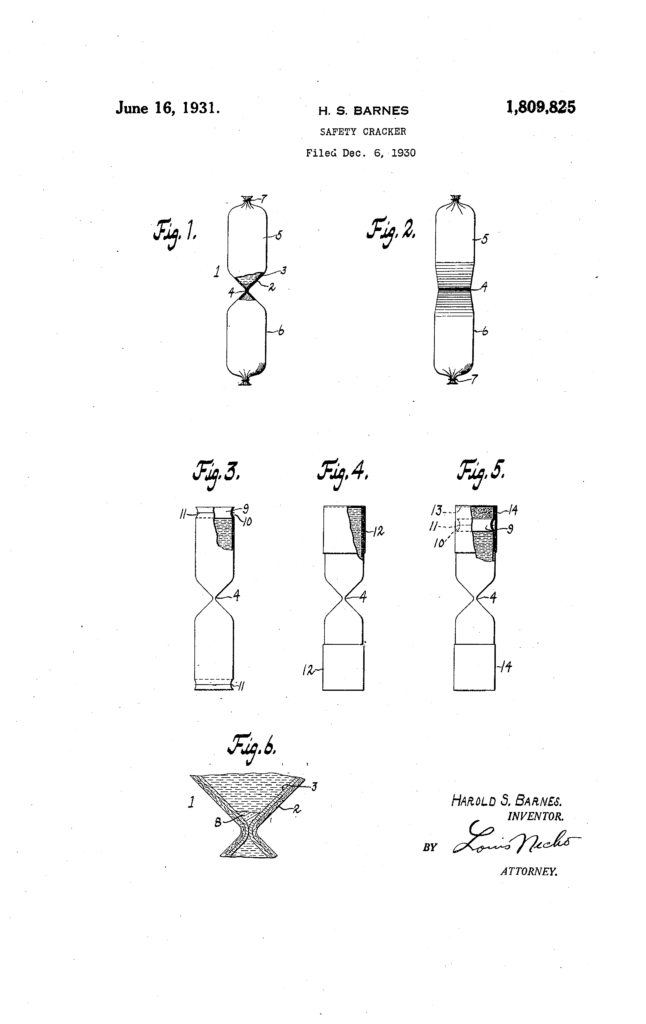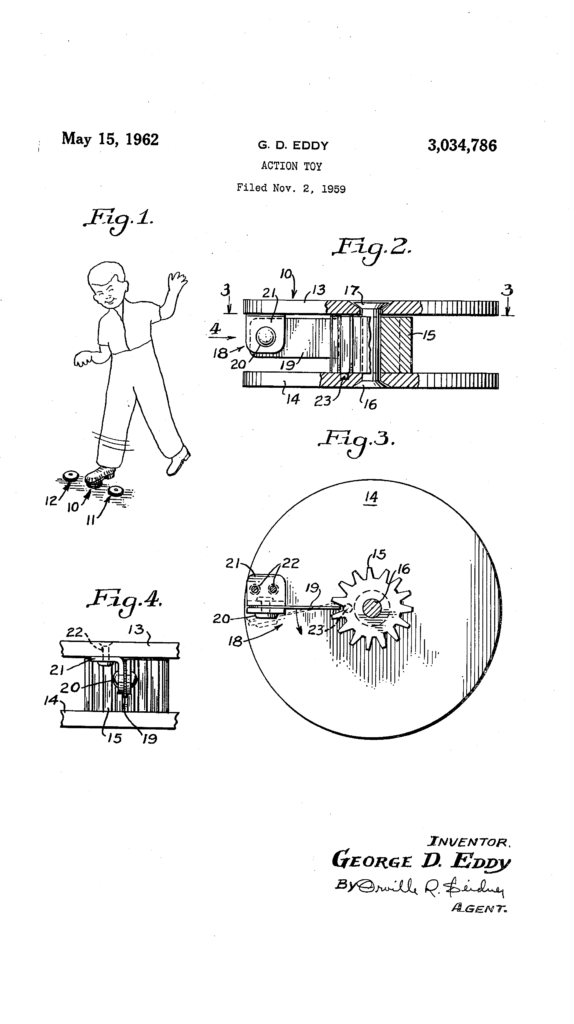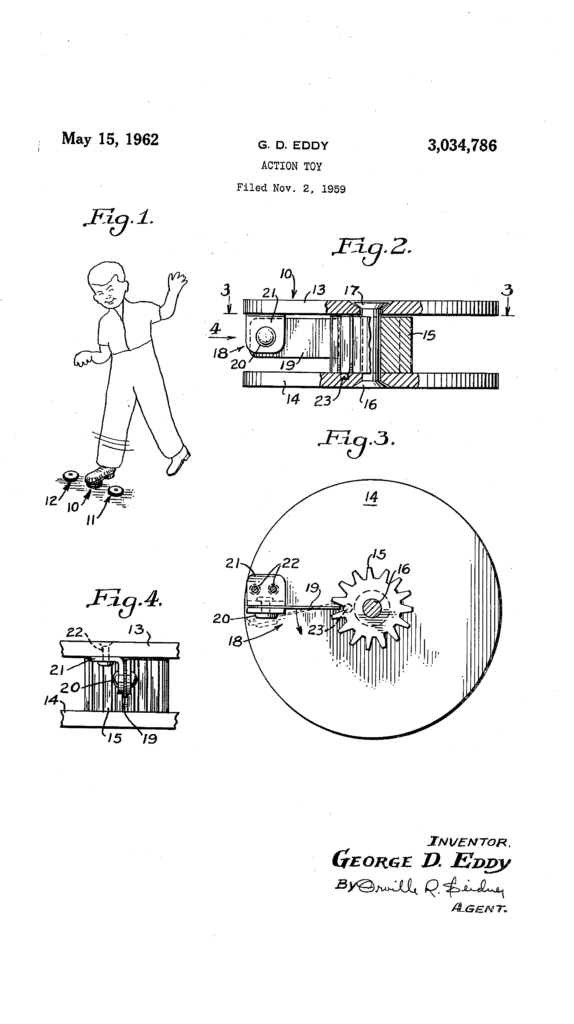In Allgenesis Biotherapeutics Inc., v. Cloudbreak Therapeutics, LLC, [2022-1706] (November 7, 2023), the Federal Circuit dismissed the appeal of the PTAB’s final written decision that claims 4 and 5 of U.S. Patent No. 10,149,820 had not been shown to be unpatentable, because Allgenesis has failed to establish an injury in fact sufficient to confer standing to appeal.
Although a party does not need Article III standing to file an IPR petition or to obtain a Board decision, the party must establish Article III standing once it seeks review of the Board’s decision in this Court. To meet the Article III standing requirements, an appellant must have (1) suffered an injury in fact, (2) that is fairly traceable to the challenged conduct of the defendant, and (3) that is likely to be redressed by a favorable judicial decision.” To establish an injury in fact, an appellant must show it has suffered an invasion of a legally protected interest that is concrete and particularized and actual or imminent, not conjectural or hypothetical.
Allgenesis first argued it has suffered an injury in fact based on the potential infringement liability stemming from its development of nintedanib treatments for pterygium. Where an appellant relies on potential infringement liability as a basis for injury in fact, it must establish that it has concrete plans for future activity that creates a substantial risk of future infringement or likely cause the patentee to assert a claim of infringement. The Federal Circuit found that Allgenesis failed to identify any specific, concrete plans for Allgenesis to develop a nintedanib product that might implicate claims 4 and 5 of the ’820 patent.
Allgenesis also argued it has suffered an injury in fact based on the Board’s priority determination. Specifically, the Board found that Allgenesis’ PCT, which has a later effective filing date of June 22, 2015, is not prior art to Cloudbreak’s application. The Federal Circuit found that Allgenesis has not established that the Board’s decision will have preclusive effect, noting that collateral estoppel will not attach to the Board’s non-appealable priority determination.




